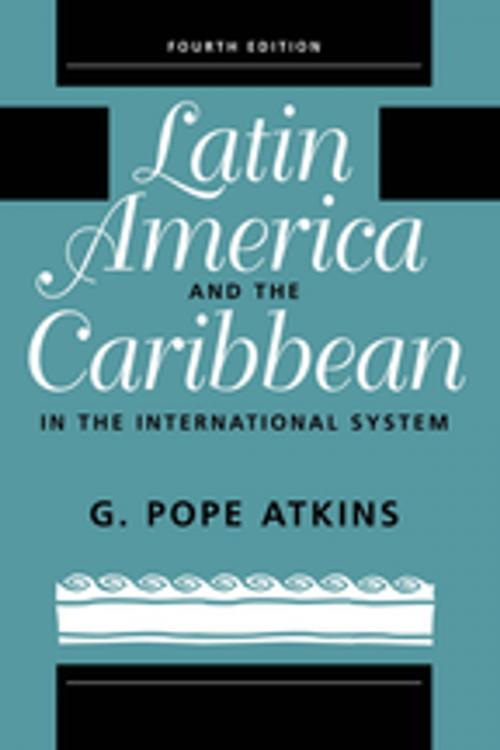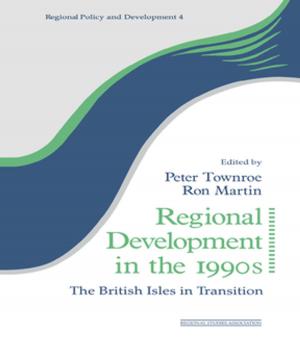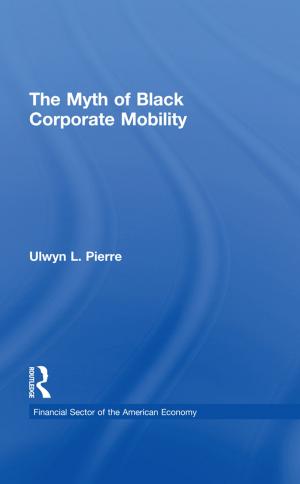Latin America And The Caribbean In The International System
Fourth Edition
Nonfiction, Social & Cultural Studies, Political Science| Author: | G. Pope Atkins | ISBN: | 9780429979026 |
| Publisher: | Taylor and Francis | Publication: | February 6, 2018 |
| Imprint: | Routledge | Language: | English |
| Author: | G. Pope Atkins |
| ISBN: | 9780429979026 |
| Publisher: | Taylor and Francis |
| Publication: | February 6, 2018 |
| Imprint: | Routledge |
| Language: | English |
The fourth edition of this widely praised text has been thoroughly revised to reflect the evolving characteristics of the current international system that have had a dramatic effect on every aspect of international relations of Latin America and the Caribbean. The original purpose of this book is unchanged: It continues to provide a topically current and analytically integrated survey of the region's role in the world. Still organized around the idea of Latin America and the Caribbean as a separate subsystem within the global international system, the discussion gives special emphasis to complex interstate and transnational structures and processes. Within this framework, Atkins analyzes the foreign policies of the Latin American states themselves and those of the United States and other countries toward Latin America and the Caribbean. He also looks closely at the nature and role of transnational actors in the region, such as the multinational corporations, the Holy See, Protestant Churches, transnational political parties, international labor, nongovernmental organizations, and others. He gives special attention to Latin American participation in international institutions at all levels.
The fourth edition of this widely praised text has been thoroughly revised to reflect the evolving characteristics of the current international system that have had a dramatic effect on every aspect of international relations of Latin America and the Caribbean. The original purpose of this book is unchanged: It continues to provide a topically current and analytically integrated survey of the region's role in the world. Still organized around the idea of Latin America and the Caribbean as a separate subsystem within the global international system, the discussion gives special emphasis to complex interstate and transnational structures and processes. Within this framework, Atkins analyzes the foreign policies of the Latin American states themselves and those of the United States and other countries toward Latin America and the Caribbean. He also looks closely at the nature and role of transnational actors in the region, such as the multinational corporations, the Holy See, Protestant Churches, transnational political parties, international labor, nongovernmental organizations, and others. He gives special attention to Latin American participation in international institutions at all levels.















